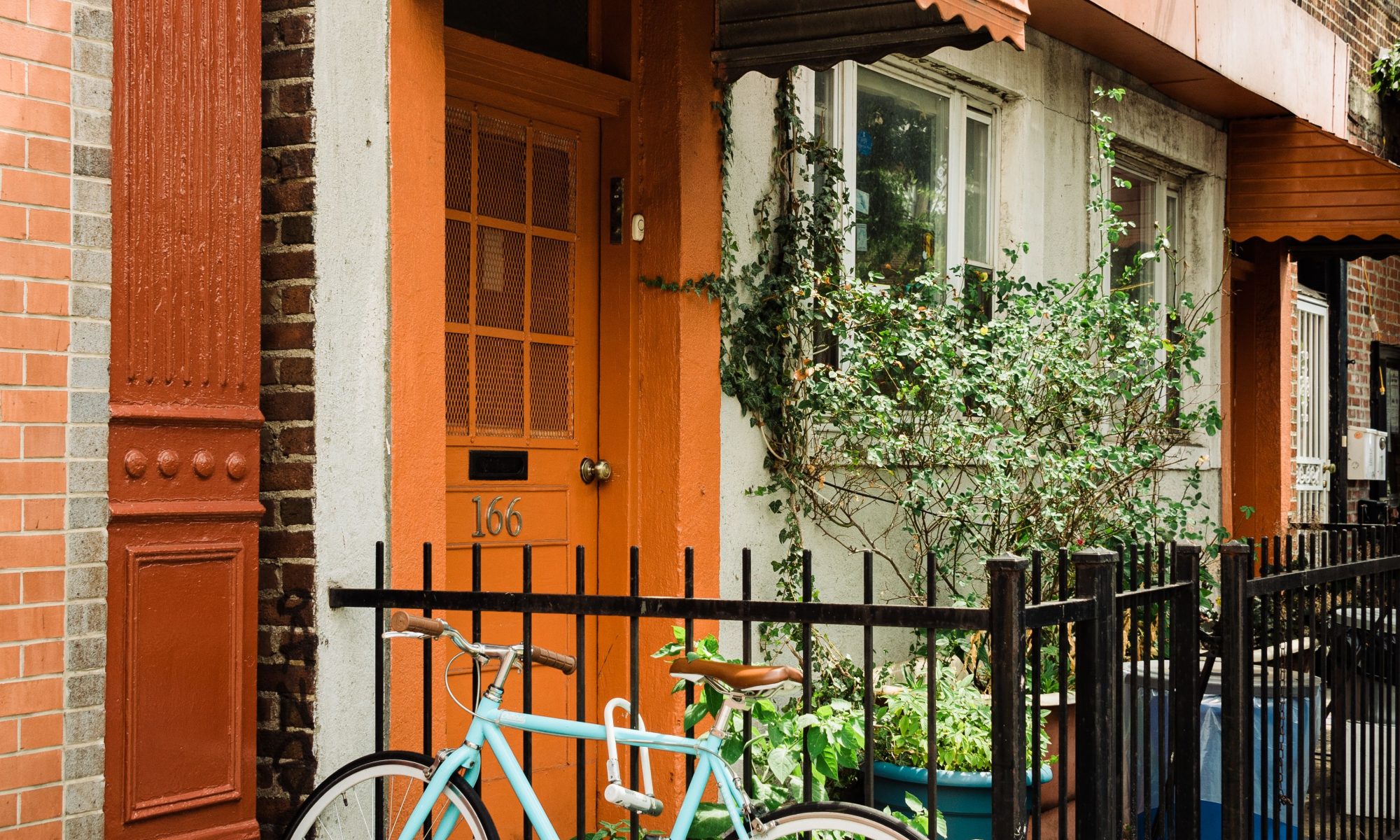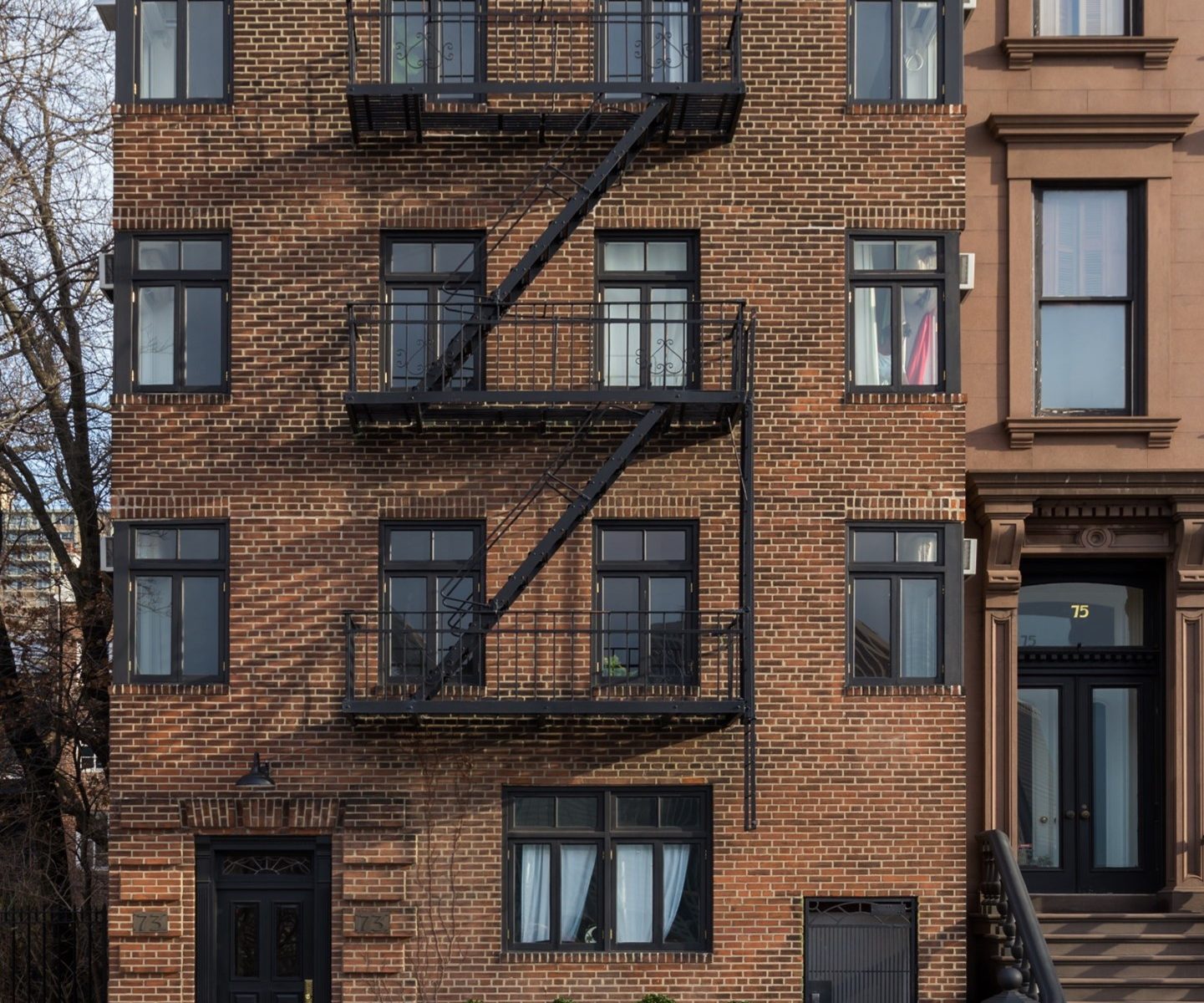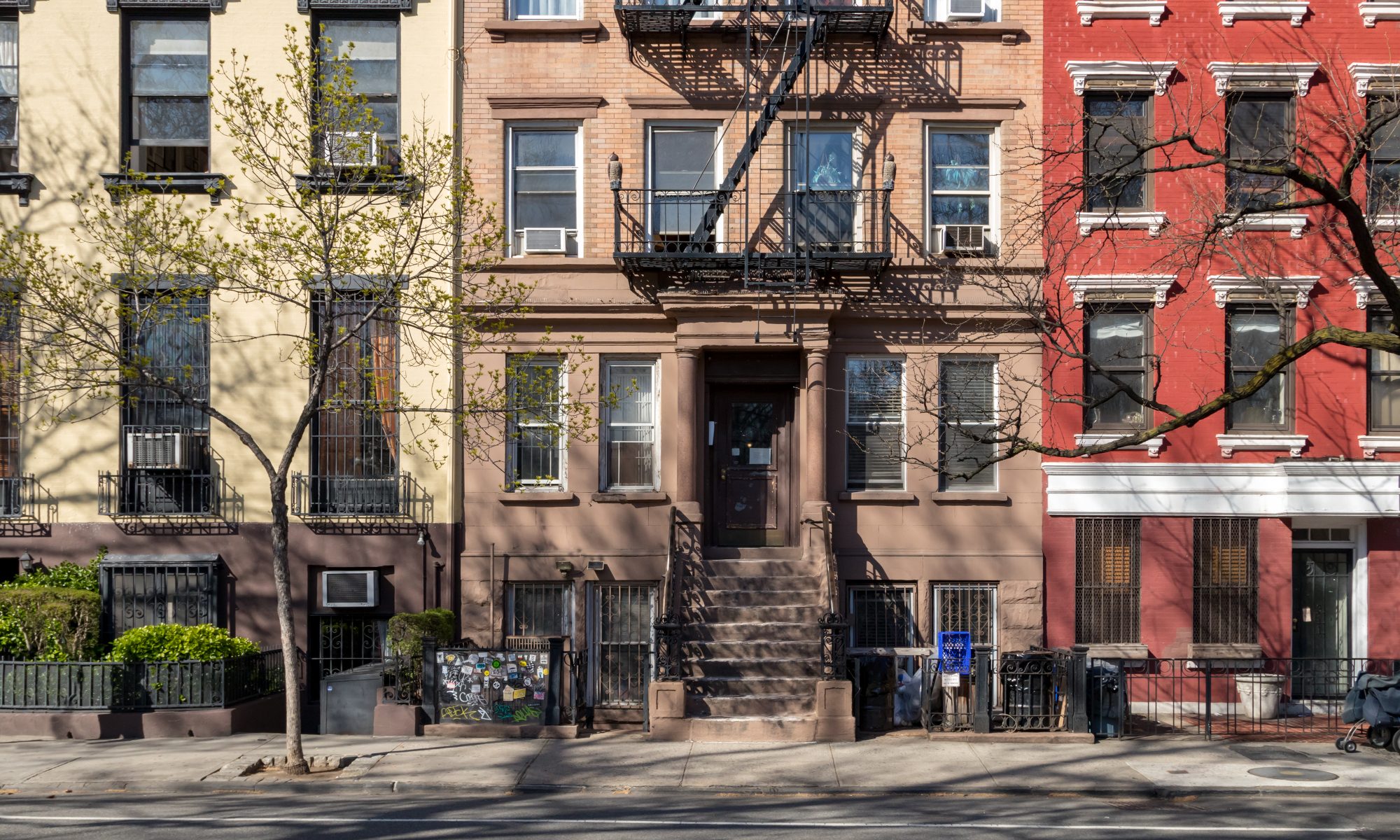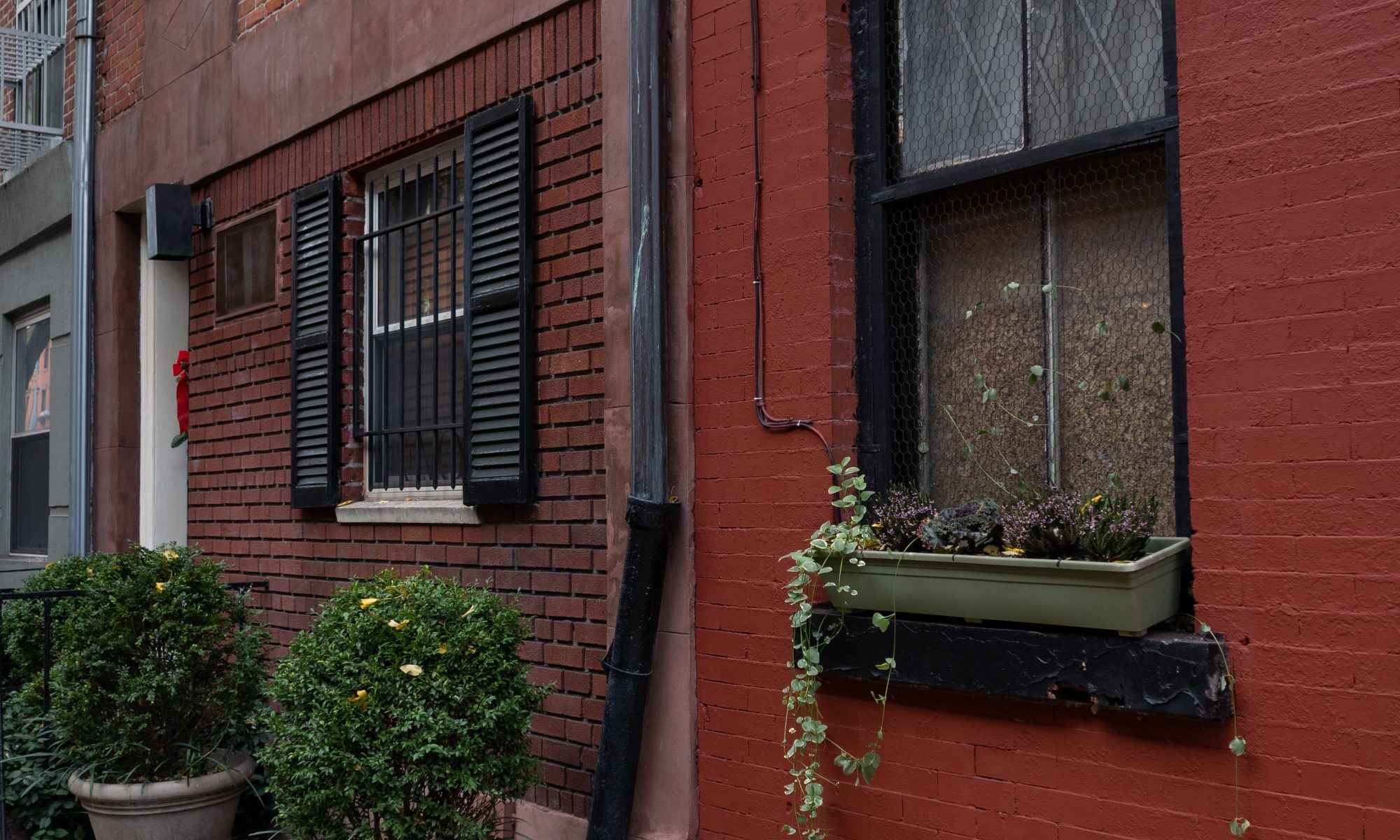In Episode 19 we discuss the many factors that go into a court deciding whether an apartment is a Rent Stabilized tenant’s primary residence, focusing particularly on what happens when you need to leave town for a long time to take care of a sick relative.
Listen of Spotify, Apple, YouTube, or wherever you get your podcasts.
Links:
Relevant Statute: Rent Stabilization Code § 2520.6(u)
Interesting Case: Lance Realty Co. v Fefferma
Tenant Law Podcast Booklet: “How to Protect Your Rent Stabilized Apartment from a Non-Primary Residence Claim”
Ask us your questions at [email protected].










